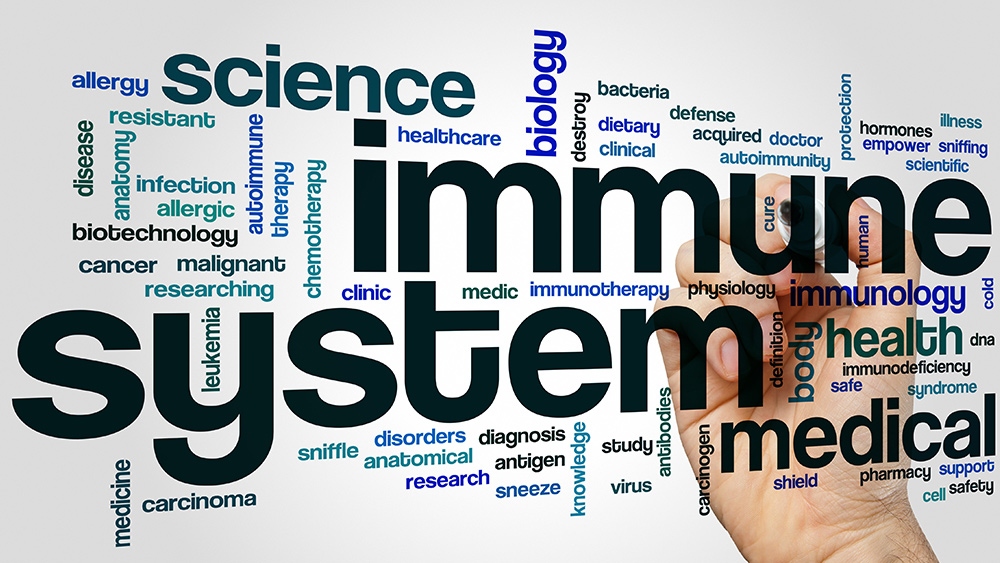
Some of these studies may prove to be quite influential regarding future research, medical policies and even public opinion. Vitamin D is an essential nutrient that frankly isn't appreciated nor recognized often enough for its benefits, so this onslaught of new research is quite promising.
A review of 18 promising studies by William B. Grant, Ph.D., explains that some research has shown that sun exposure alone can help to reduce the risk of Alzheimer's disease and dementia, cardiovascular disease, cancer, diabetes, myopia and macular degeneration, and even multiple sclerosis.
Specifically, serum 25-hydroxyvitamin D concentrations [25(OH)D] seem to offer a wide array of benefits. Research from the University of California published in the journal PLOS ONE in the spring of 2016 found that higher levels of the nutrient were associated with a significant reduction in cancer risks.
25(OH)D is the main form of vitamin D found in the bloodstream. The ideal amount of 25(OH)D for human health has been up for debate the last several years. While amounts under 12 nanograms per milliliter (ng/mL) are defined as vitamin D deficiency, the target of 20 ng/mL has been vigorously contested as "ideal."
Cedric Garland, DrPH, adjunct professor in the University of California San Diego School of Medicine Department of Family Medicine and Public Health and member of Moores Cancer Center at UC San Diego Health, has been studying vitamin D since the 1980s. When speaking about this latest research effort, Garland stated, "We have quantitated the ability of adequate amounts of vitamin D to prevent all types of invasive cancer combined, which had been terra incognita until publication of this paper."
Garland went on to say that while an ideal daily amount of vitamin D had yet to be determined, the recent research indicated that the greatest health benefits were obtained from serum concentrations of 25(OH)D equivalent to or slightly higher than 40 ng/mL. Two different cohorts of participants were recruited for the study. The researchers found that women with 25(OH)D levels of 40 ng/mL or slightly above exhibited a dramatic 67 percent reduction in cancer risk.
"These findings support an inverse association between 25(OH)D and risk of cancer and highlight the importance for cancer prevention of achieving a vitamin D blood serum concentration above 20 ng/ml, the concentration recommended by the [Institute of Medicine] for bone health," Garland explained.
The authors of the research state that primary prevention of cancer is essential to curbing the upward trend of worldwide cancer rates, and that their research indicates vitamin D is an integral tool for that goal.
Dr. Grant also made note of research that has shown 25(OH)D is capable of more than just cancer prevention; it can help prevent heart disease and can be beneficial to people with autism. Recent research from Egypt has shown that vitamin D supplements helped improve some of the symptoms of autism. In one study, scientists found that vitamin D supplementation even helped improve children's scores on the Childhood Autism Rating Scale.
Based upon his review, Dr. Grant concludes that there is a growing consensus that the beneficial amount of 25(OH)D is much higher than the currently recommended 20 ng/mL, and may even be above 40 ng/mL. Grant says that "sensible solar UVB exposure" appears to be one of the best ways to bolster one's vitamin D levels when feasible, but notes that supplementation is a good alternative especially during winter months.
Overall, vitamin D is an essential nutrient with a myriad of health benefits that is ignored far too often. Not only is it essential for bone health, it promotes substantial risk reduction for a number of health conditions including cancer.
Sources:
Please contact us for more information.























